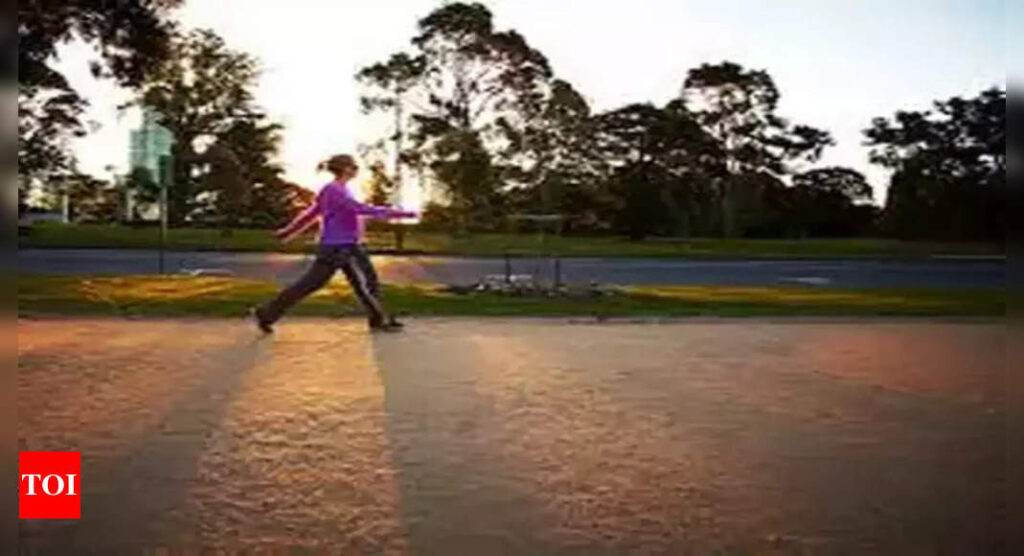Taking a morning walk is a cherished routine for many. It truly offers fresh air and a peaceful start to the day. But, matters can be totally different during the winter season. This habit may pose certain health risks that should not be ignored. From icy paths to cold air affecting your lungs, the winter morning environment can be more hazardous than beneficial.Here’s why you might want to reconsider your morning walks during winter.
Breathing in cold air can strain your lungs
Cold air in the early morning could worsen your respiratory system, particularly if you have asthma or chronic obstructive pulmonary disease. A study discovered that low temperatures can restrict airways, causing breathing difficulties and increased mucus production. This effect is more evident in the early morning, when temperatures are lowest.
Increased risk of heart strain
Winter mornings can be particularly challenging for your cardiovascular system. The cold causes blood vessels to constrict, which raises blood pressure and forces your heart to work harder. According to a study, heart attacks are more common in the morning, and the added stress of cold weather further increases the risk. For individuals with pre-existing heart conditions, morning walks in winter could be dangerous.
Slippery roads pose injury risks
Frost and ice on walkways are typical in winter mornings, increasing the risk of slipping and falling. According to the National Safety Council, falls are the biggest cause of injury throughout the winter, particularly among older persons. Walking on icy paths in poor light can cause sprains, fractures, and more serious injuries.
morning walk3
Compromised immunity from sudden temperature changes
Exposing your body to sudden drops in temperature, such as stepping out into a frosty morning, can weaken your immune system temporarily. A study suggests that cold stress can suppress certain immune responses, making you more susceptible to infections like the flu or common cold. This risk is amplified if you aren’t adequately dressed for the cold.
Reduced visibility can lead to accidents
Winter mornings are frequently foggy, greatly decreasing visibility. This can provide a safety risk, particularly in locations with high traffic or uneven terrain. According to a research, fog-related accidents increase throughout the winter because limited visibility makes it difficult to see impediments.
Alternatives to morning walks in winter
Consider alternatives like strolling in the late morning, when temps are a little higher, or indoor activities if you want to be active without running the risk of these problems. If you decide to go out, it can also be beneficial to wear layers of clothing, appropriate footwear, and a scarf to protect your mouth and nose.
Source Homevior.in




